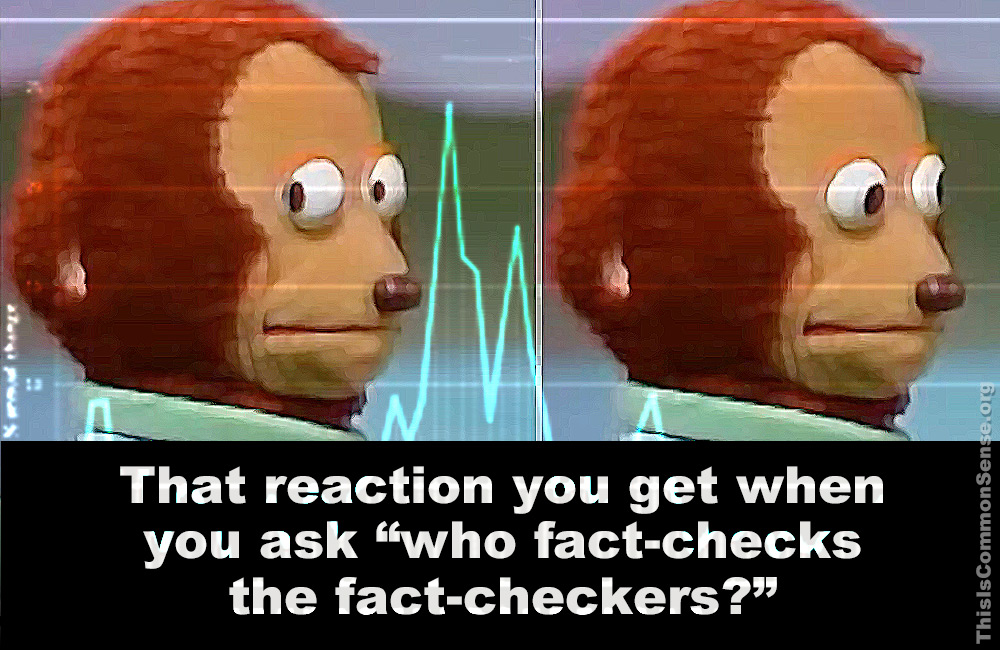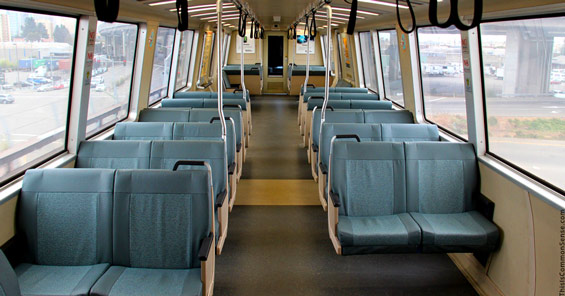Thesis: we’re entering recession, but the Biden administration disagrees.
For political reasons.
May we discuss?
Sure, here in Common Sense. (We’ve yet to censor or flag ourselves.) Big Tech social media is a different story.
Loath to preside over an officially designated recession, the Biden administration suggests that when you look at all the data in just the right light, it’s “unlikely that the decline in GDP in the first quarter of this year — even if followed by another GDP decline in the second quarter — indicates a recession.”
Others disagree, saying the familiar definition cannot be so summarily dispatched. On Instagram, poster Graham Allen cheekily asked Siri how we know it’s a recession. Her reply: “two consecutive quarters of negative growth.”
Not a sacrosanct indicator, but standard.
Enter the Guardians of Discourse.
Meta (which owns Facebook and Instagram) has flagged Allen’s post as “false information” and in some cases prevented viewers from seeing it.
The “independent” fact checker on duty was Politifact, which warned Web surfers it just ain’t so that “the White House is now trying to protect Joe Biden by changing the definition of the word recession.”
This is where we’re at. Discussion of political motives at the White House has become so hazardous that the People of the Fact Check must rush to repudiate any intimation that any assiduous politics is going on. It’s all just assiduous data comparison.
Well, reality check: “fact checks” can be biased too.
This is Common Sense. I’m Paul Jacob.
See all recent commentary
(simplified and organized)
See recent popular posts





